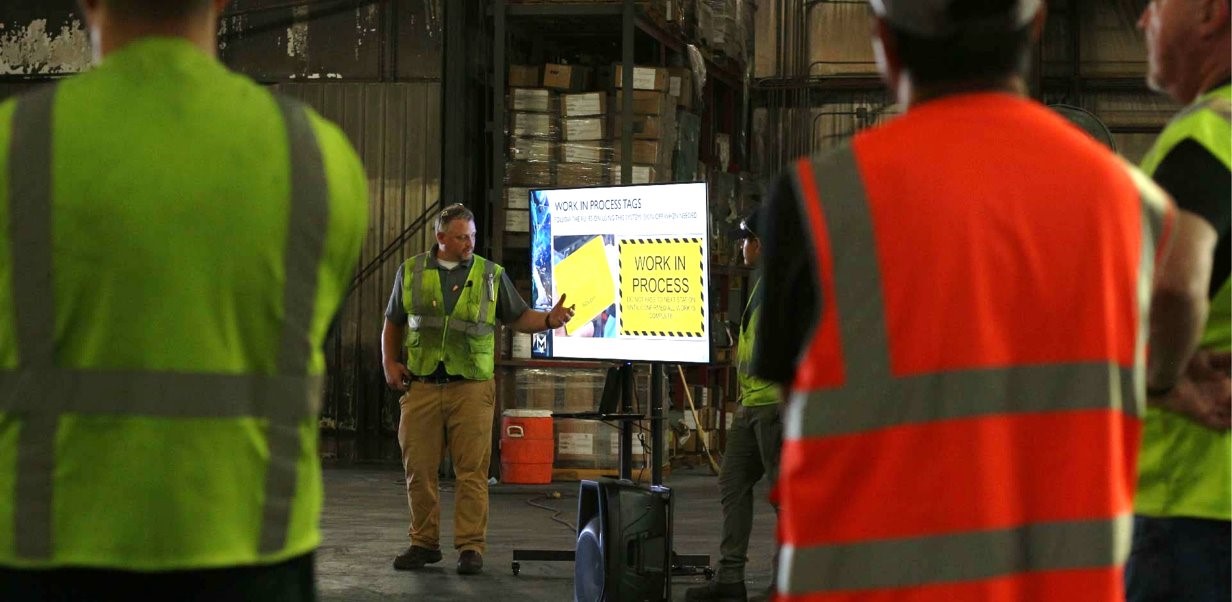
This course is aimed at maintenance managers and supervisors and is based on a logical model of maintenance management, covering the principles, best practices and benefits of each element, as well as the interfaces between them. The course is very practical with lots of examples, exercises and guidelines, ending with a self-assessment and implementation roadmap.
Duration: 24 hours

This course gives you a deep dive into the maintenance work management process and interrogates the different steps within the MWM cycle. Each of the steps are clearly explained as well as how implementing best practices within the MWM cycle can lower cost and drive performance.
Duration: 24 hours
Welcome to the Shutdown Planning training course.
The course will provide you with the knowledge to effectively plan a shutdown event, covering the critical success factors for a successful shutdown and highlighting the important role of the planner.
This course does not include training on MS Projects or any project management software.
We created an exciting course for you that will cover aspects you will encounter in your day-to-day work.
We encourage you to make the best of this course and enjoy your learning journey.
Duration: 24 hours
This course offers a solid overview of the shutdown management process to create an understanding of the typical tasks of and best practice approach to shutdown management. It also addresses risks and their associated impact, and a structured approach to control these risks.
Duration: 24 hours

This practical course covers Level 2 problem solving, where a small multi-disciplinary team must solve a medium-sized technical problem within one to two weeks. The focus of the course is on root cause analysis using a causal tree for a real-life scenario.
Duration: 16 hours

This course is designed to give learners a clear understanding of the focused improvement process and methodologies to enable them to conduct FI projects.
Duration: 32 hours

This course equips engineers to make data-driven and financially founded decisions about assets. They learn how to calculate the life cycle costs of different asset options, quantify the value of improvement projects and compile a sound business case to motivate their recommendations.
Duration: 24 hours

Unlike many theory-heavy reliability engineering courses, this one emphasises practical learning, with at least 50% of the time dedicated to calculations, group discussions and case studies. The course covers the three pillars of reliability engineering: technical failure analysis, data analysis and financial analysis.
Duration: 24 hours
Condition monitoring identifies hidden defects in equipment to improve the reliability of critical assets and foretell anomalies that might lead to breakdowns. It uncovers the exact causes of failure and guides the most effective corrective action.
This facilitated course offers an introduction to condition monitoring and highlights the essential elements for successful condition-based maintenance.
Duration: 16 hours